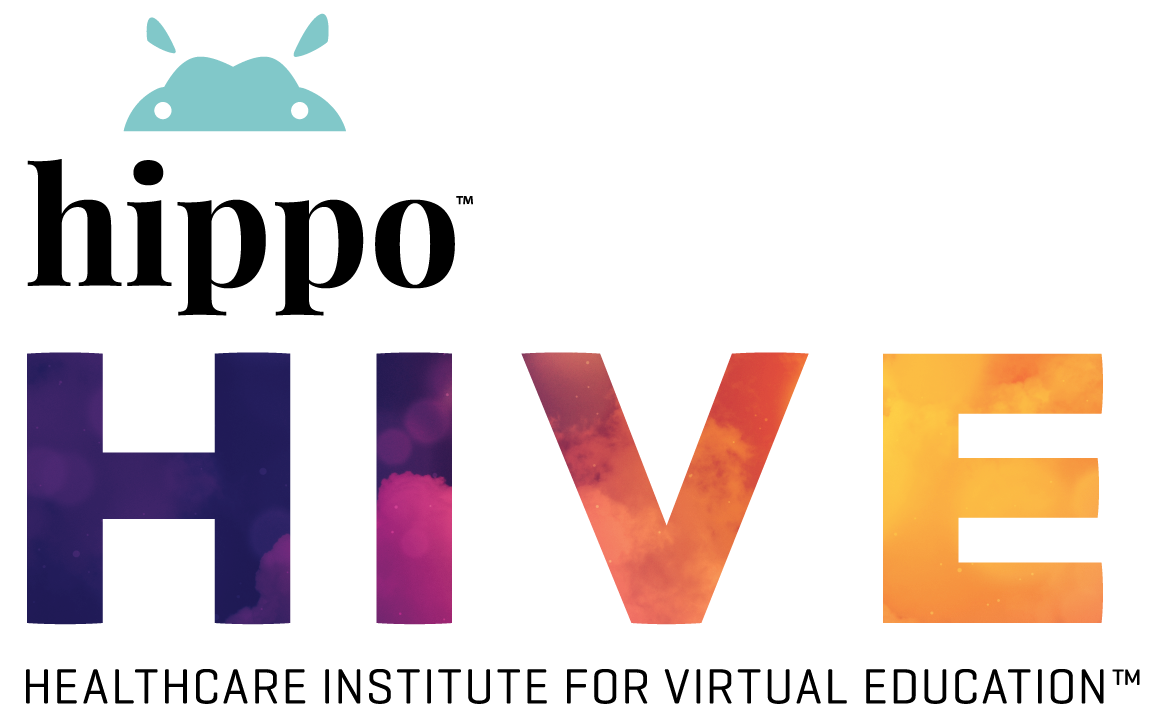In my previous blog, I described some of the foods and strategies you could try to support an anti-cancer approach to daily living. Here, I will highlight some other foundational pillars to reduce your overall cancer risk.
Sleep
- Sleep is critical to our health and well-being; with 40% of American adults reporting lack of sleep, insomnia and/or sleep apnea, it has become an epidemic.
- Research has shown that insufficient sleep (less than 7-8 hours per night) reduces natural killer cell activity and cellular immune response in the body.
- It’s not just about quantity of sleep, though, as your quality of sleep is equally important. A recent study indicated sleep apnea combined with snoring could contribute to an increased risk of cancer for both men and women.
- Circadian rhythms impact our sleep and health. Circadian rhythms influence our body’s sleep-wake cycle, as well as hormone release, digestion, body temperature, and other important bodily functions. They influence our immune system as well as processes of DNA repair that are involved in preventing cancer.
- Check out my blog for tips on sleep: https://community.wholistics.health/sleep-better-and-create-your-sleep-sanctuary/
- Sign up for our chatbot program and these sleeps tips will be delivered directly to your mobile phone: https://community.wholistics.health/breast-cancer-survivor-chatbot-program/
Breathe
Proper breathing is crucial for optimal health yet most of us aren’t getting it right.
- Proper breathing does more than simply provide our body with oxygen. The benefits of proper breathing include stress reduction, relaxation, emotional well-being, improved sleep and attention. Many of us, including me, aren’t doing this correctly!
- We need controlled, slow and deep breathing to engage our parasympathetic nervous system to produce the rest and relaxation in our bodies. In contrast, when we are stressed or anxious, our breathing becomes fast and shallow as our sympathetic nervous system is engaged.
- The sympathetic nervous system (SNS) is our “fight or flight” response and it’s needed to respond to dangerous situations (like reacting to a dangerous road condition while driving or being chased by a vicious dog). However, prolonged activation of SNS through chronic stress and anxiety can lead to a host of conditions (high blood pressure, depressed immune function, inflammation, cardiovascular disease, etc.). It has also been shown that SNS may have a negative impact on tumor progression.
- It’s important to train our body to promote the proper parasympathetic response. This can be achieved through breathing exercises, meditation, yoga, and qigong to restore our body and promote healing and repair. A good one to try is the 4-7-8 breathing technique pioneered by Harvard-trained Dr Andrew Weil. It is described as a ‘natural tranquiliser for the nervous system’ helping to quickly reduce tension and allowing the body to relax.
Mind
- Research has shown the impact of psychosocial factors on our health and also on cancer development and progression. Epidemiological studies also indicate that stress, anxiety, depression and lack of social support could serve as risk factors for cancer.
- The benefits of mindfulness, positive thinking, optimism and support networks on health include:
- Improved immune function, health and longevity
- Lower rates of anxiety, depression and better psychological well-being
- Practice mindfulness: Mindfulness is a form of meditation that is a great way to gain control of our busy and stressed-out mind. This technique can help reduce the feeling of being out of control and ruminating on negative and busy thoughts. Here’s an introduction to getting started: https://community.wholistics.health/introduction-to-mindfulness-part-1-3-steps-to-getting-started/
- Think glass half full: Optimism is a predictor of more favorable health outcomes. Studies have shown the association between dispositional optimism and physical health.
- Spend time with positive people and avoid/deflect the toxic ones. The people we surround ourselves with has an impact on our overall well-being. Remember the common denominator – if you’re around happy, positive people, chances are you will be more positive and vice versa. Benefits linked to positivity include increased longevity, lower levels of stress, and a higher happiness scale.
- Get social: Social environment is an important determinant in health and well-being. Research has shown that lack of social support might serve as risk factors for cancer development and progression. Specifically, the social environment contributes to the vast differences in prognosis among breast cancer survivors and can influence physiological processes responsible for malignant cell growth.
Move
- Studies have shown that physical activity is linked to reduced risk and improved survival rates for certain types of cancer, most notably breast and colon cancers.
- Exercise has many anti-cancer benefits: It can lower levels of hormones such as estrogen and other growth factors associated with cancer, improve insulin sensitivity, reduce inflammation, improve immune function, and support a healthy body weight.
- You don’t need to go to the gym to sweat it out. The important thing is to pick an activity that you’ll stick to. If you’re like me and have tried over the years to do activities that didn’t fit my lifestyle but felt that it was the ‘right’ thing to do (i.e. going to the pool at 6AM because my friend told me to just get up and do it), it won’t be sustainable!
- Do you know about forest bathing? It’s very popular in Asian countries, particularly Japan, and it’s basically spending time in the woods, forest, or park and getting close to nature. There’s research that indicates that forest bathing is a promising therapeutic method to promote physical and mental relaxation. So take a hike in the woods this weekend!
You can now get tips like this delivered directly to your mobile phone by signing up for our FREE chatbot program. You will receive tips on SLEEP, MIND, BODY and DIET to help you in your journey to health and well-being as a cancer survivor.
